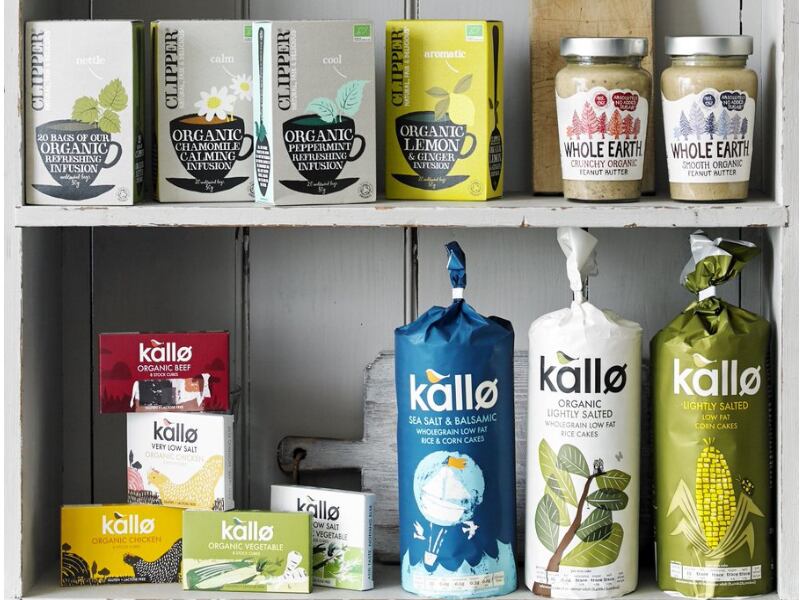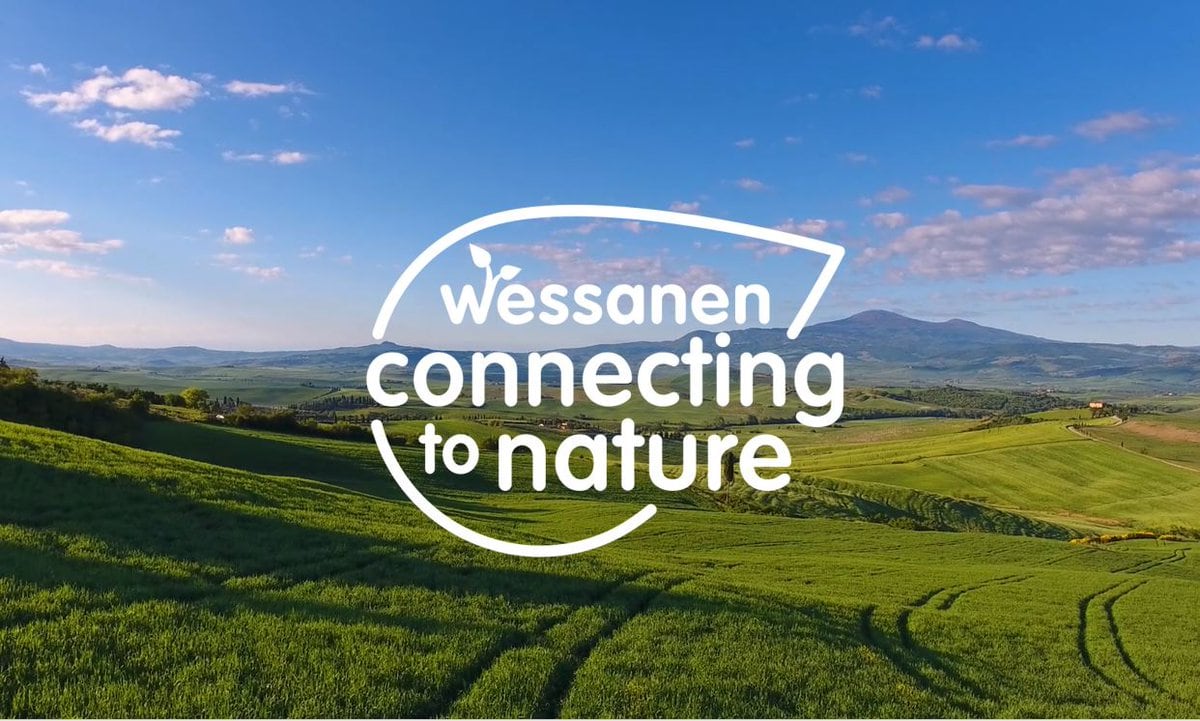Wessanen and a consortium of investors, including PAI Partners and Charles Jobson, have agreed on a recommended all-cash offer of €11.50 per share for the company. This represents a total consideration of approximately €885m, valuing Wessanen at an enterprise value of 17.8 times operating profit.
This offer represents a premium of 21% on the closing stock price the day prior to takeover talks being confirmed. However, it is below the market average of 22xEBIT seen in the F&B arena in recent years. So, is it a low-ball offer?
Struggling sales: A sign of structural weakness?
Wessanen’s sales are in decline. In the most recent reporting period, the first quarter of 2019, the company reported a 4.1% fall in revenue, which declined to €159.8m and missed consensus analyst expectations by some 5%.
Pressure on the top line was particularly evident in Wessanen’s own brands, which reported negative organic growth of -3.2% year-on-year. At the time, the company attributed the decline to a decision to take a step back from a highly promotional market as well as the withdrawal of its chilled activities.
The question then is whether this top line underperformance is a short-term blip – or evidence of structural problems either with the company or the sustainable foods market in Europe itself.
Fernand de Boer, an analyst at Degroof Petercam, noted that the takeover approach has been delivered while the market is doubting Wessanen’s longer-term prospects due to the recent weak performance.
“The offer comes at a moment that the share price was under pressure with market doubting on the long term prospects. Was the setback in 2018/19 an incident or implying structural lower growth and more or less flat margins?”
A growing market means growing competition
Wessanen is present in some important growth areas of the European market, with businesses spanning organic, free-from and better for you categories. Its brands include Bjorg, Mrs Crimbles, Whole Earth and Clipper.
However, according to management, growing interest in these areas has resulted in an up-tick in competitive activity. Speaking on a conference call yesterday (10 April), Wessanen CEO Christophe Barnouin alluded to the changing nature of the European organic market.
According to Barnouin’s assessment, the increasing popularity of organic, sustainable and healthy food has, in fact, had a negative impact on Wessanen because it has resulted in heightened levels of competition.
In order to return to growth, he suggested Wessanen needed to step up its investment in advertising and promotions as well as adopting some organisational changes.
"Our vision is to build a European leader in organic and sustainable food. We want to remain at the forefront of making food healthier and more sustainable for the benefit of both consumers and the planet.
“This requires a long-term commitment from shareholders and long-term investments. It is all the more critical in an era where organic, sustainable and healthy themes have grown increasingly popular, which in turn has resulted in a more competitive landscape.”
He stressed that PAI and Charles Jobson were “fully supportive” of the group’s strategy and would bring a “longer term horizon and additional investments”. These include plans to upgrade Wessanen’s operations to improve the efficiency across the entire value chain and to add scale in core categories and markets through acquisitions
Gaëlle d'Engremont, partner at PAI, echoed this sentiment. "Wessanen is extremely well positioned in the European health food industry, housing high-quality brands and being at the forefront on innovation in this rapidly growing sector. We intend to accelerate Wessanen's growth using our experience in the food and consumer space and investing further in the brands and the people of Wessanen to increase the reach of the company.”
Will this apparent additional investment allow Wessanen to turn the tide? De Boer is unconvinced.
“So far Wessanen had all the room and financial resources to grow,” he suggested, arguing that the challenges the company faces were “already for a large part anticipated by the market”.
He is also sceptical of the conclusion that Wessanen's recent weak performance is evidence of underlying structural issues that will block future growth. “As PAI completed its due diligence and it proceeds with the takeover process, we conclude that it considers 2018/19 as an incident and that Wessanen has good growth potential and margin upside, although short term some investment might be required.”
Indeed, Q1 wasn't all bad news: Wessanen’s decision not to promote did protect margin. For Q1 2019, EBITE totalled €20.5m, versus €16.7m in the comparable period of last year and consensus forecasts of €15.6m. The positive development reflected improved gross margin and the phasing of A&P.
According to Petercam's assessment, the current offer therefore undervalues Wessanen and its future prospects. "The offer in our view does not reflect this potential," de Boer said, adding a visible “sweetener” may be needed for the deal to go through.


